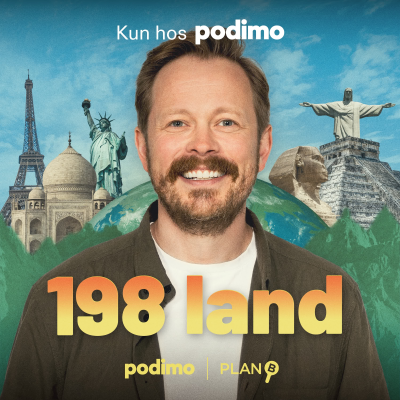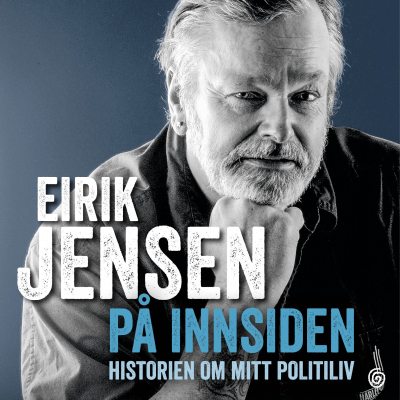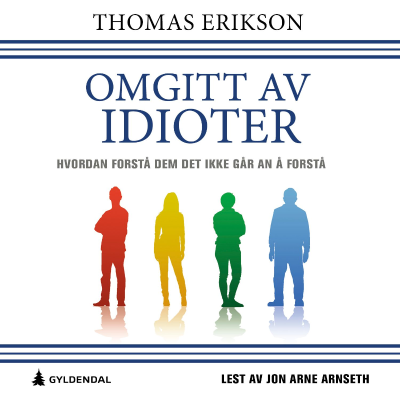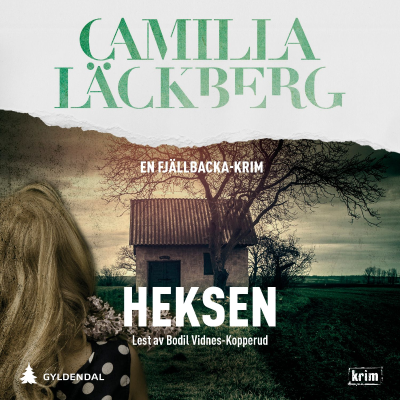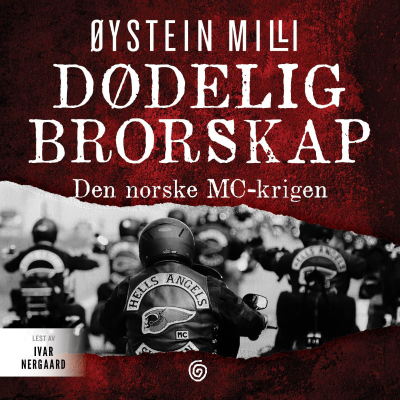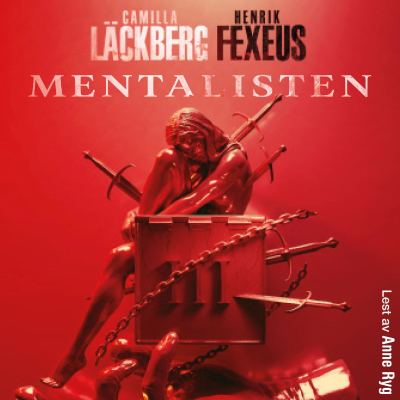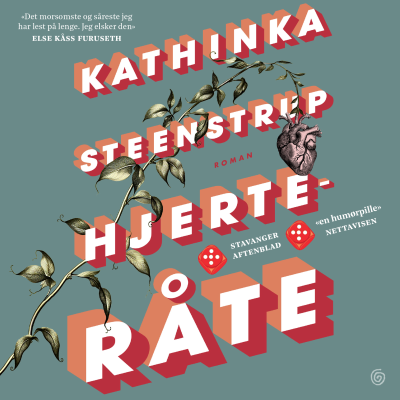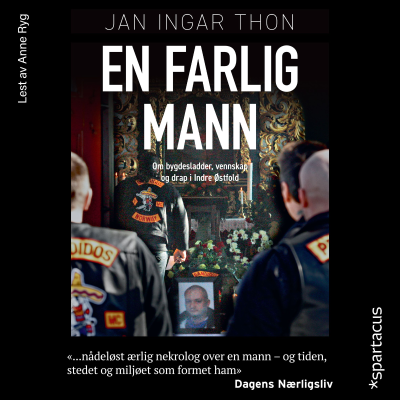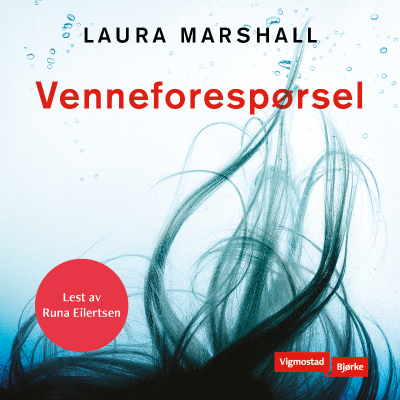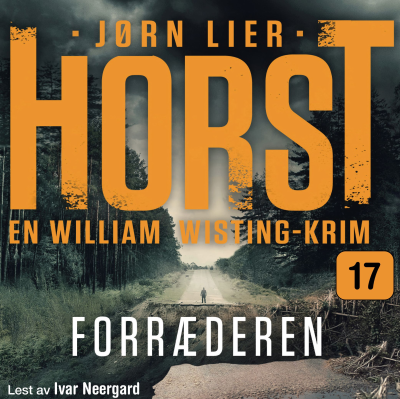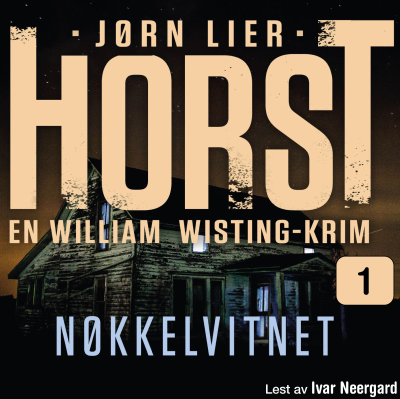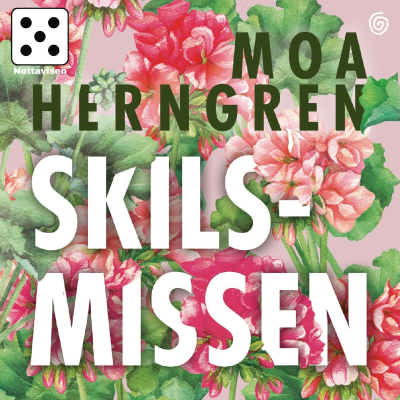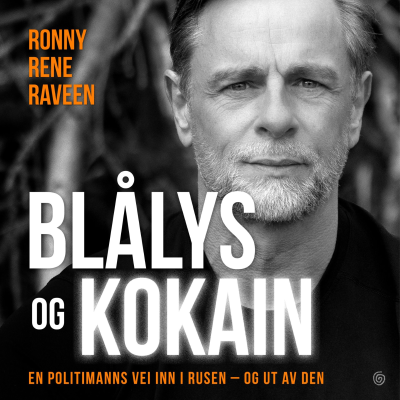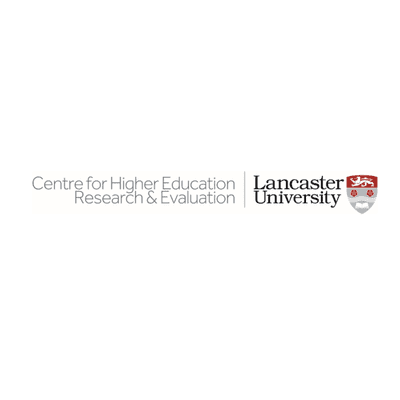
Higher Education Researcher
engelsk
Teknologi og vitenskap
Prøv gratis i 60 dager
99 kr / Måned etter prøveperioden.Avslutt når som helst.
- 20 timer lydbøker i måneden
- Eksklusive podkaster
- Gratis podkaster
Les mer Higher Education Researcher
This is a podcast by the Centre for Higher Education Research and Evaluation at Lancaster University. Higher Education Researcher features short interviews with current and past doctoral students, staff, and guest scholars to talk about their current interests, research, and thinking.
Alle episoder
28 EpisoderFrom Uta Hagen to Higher Education: Challenging privilege and exclusion in acting and academia with Onur Orkut
In this episode, Felipe Sánchez interviews Onur Orkut, a doctoral researcher in higher education at Lancaster University. Onur discusses his research piece published as a working paper by CHERE@LU [https://www.lancaster.ac.uk/educational-research/research/centre-for-higher-education-research-and-evaluation/], where he engages in a fictional conversation with Uta Hagen, inspired by her book "Respect for Acting." They delve into the themes of acting, capital, and exclusion, exploring how acting techniques can be exclusive and how to make them more accessible. Onur also highlights the parallels between the acting world and academia, emphasizing the importance of looking behind the curtain and embracing authenticity. Find out more about Onur on Twitter and Instagram @onurorkut, take a look at his research site [https://www.research.lancs.ac.uk/portal/en/people/onur-orkut(5a7312c4-ac51-4039-910e-2903451ebb05).html], or explore his personal artistic site [https://onurorkut.com/].
A new relational employability approach for universities with Elizabeth J. Cook
In this episode, Janja Komljenovic [https://www.lancaster.ac.uk/educational-research/people/janja-komljenovic] talks with Elizabeth J. Cook [https://www.linkedin.com/in/elizcook/], who is a Senior Analyst, Strategy and Performance at Edith Cowan University and a doctoral researcher in the PhD in Higher Education, Evaluation and Enhancement [https://www.lancaster.ac.uk/educational-research/study/phd/phd-in-higher-education-research-evaluation-and-enhancement/#] at Lancaster University [https://www.lancaster.ac.uk/]. Elizabeth talks about her doctoral research, which developed and implemented a new relational employability approach for universities. She describes her conceptualisation of relational employability as a broader, holistic and interconnected understanding of employability that incorporates three equally important elements: (1) basic individualistic career development, career management and careers (getting into the workforce and having a successful career to benefit oneself); (2) humanistic interactions and contributions throughout careers; and (3) more-than-human interactions and contributions throughout careers. Elizabeth explains how she conducted this research, using design research methodology and mixed methods, and describes her publishing adventures while being a student at Lancaster, with some publishing tips that may benefit other doctoral researchers. Elizabeth’s ORCID Profile: https://orcid.org/0000-0002-8406-4049 Elizabeth’s Twitter: https://twitter.com/ejcook4 Publications discussed in this episode: * Cook, E. J. (2022). A narrative review of graduate employability models: their paradigms, and relationships to teaching and curricula. Journal of Teaching and Learning for Graduate Employability, 13(1), 37–64. https://doi.org/10.21153/jtlge2022vol13no1art1483 * Lacković, N., & Olteanu, A. (In Press). Graduate Employment Futures and Relational Employability: In Conversation with Elizabeth J. Cook. In Relational and multimodal higher education. Routledge.
Bridging the cultural gap among English Speaking International students in UK Higher Education with Amon Ezike
Amon Ezike is a PhD researcher [https://www.lancaster.ac.uk/educational-research/study/phd/phd-in-e-research-and-technology-enhanced-learning/#] in the Department of Educational Research [https://www.lancaster.ac.uk/educational-research/]at Lancaster University. In this episode, Amon talks about bridging the cultural gaps among English Speaking International students in UK Higher Education. She talks about the cultural challenges faced by these students and how these challenges could be mitigated through the use of technology. In addition, she talks about the need for UK institutions and policymakers to understand and address such challenges faced by International during their educational journey to enhance their educational experience or capacity. Talking to Amon is Dr Janja Komljenovic [https://www.lancaster.ac.uk/educational-research/people/janja-komljenovic], a Senior Lecturer at Lancaster University [https://www.lancaster.ac.uk/] and the Director of CHERE@LU [https://www.lancaster.ac.uk/educational-research/research/centre-for-higher-education-research-and-evaluation/]. Visit our website [https://www.lancaster.ac.uk/educational-research/research/centre-for-higher-education-research-and-evaluation/working-papers/] to read Amon's working paper.
Transforming University Education: A manifesto with Paul Ashwin
Paul Ashwin [https://www.lancaster.ac.uk/educational-research/people/paul-ashwin] is a Professor of Higher Education, Head of the Educational Research Department [https://www.lancaster.ac.uk/educational-research/]at Lancaster University [https://www.lancaster.ac.uk/] and Deputy Director of the Centre for Global Higher Education [https://www.researchcghe.org/]. His research is focused on the educational role of higher education. He is interested in how higher education curricula can be designed to help transform students' understanding of themselves and the world. He is also interested in the role of policies in shaping the education offered by higher education institutions. In this episode, Paul Ashwin discusses the arguments in his recent book [https://www.bloomsbury.com/uk/transforming-university-education-9781350157231/]. Talking to Paul is Onur Orkut, a PhD researcher at the Department of Educational Research at Lancaster University and a member of CHERE@LU [https://www.lancaster.ac.uk/educational-research/research/centre-for-higher-education-research-and-evaluation/]. Follow Onur on social media: @onurorkut
Innovation and continuous technological development with Don Passey
Don Passey [https://www.lancaster.ac.uk/educational-research/people/don-passey]is a Professor in the Department of Educational Research [https://www.lancaster.ac.uk/educational-research/] at Lancaster University [https://www.lancaster.ac.uk/]. Don’s research interests include, but are not limited to the implementation and management of leading-edge technologies, teaching and learning outcomes that arise from them, and how technologies support different groups of learners. In this podcast, Don talks about his project on developing ongoing uses of technologies in post-compulsory education in the UK and Malaysia. In this study, Don and his colleague examined the use of technology for teaching and learning in times of continuous technological development. They revealed that innovation is an essential approach in this process. As a result of the project, Don and his colleague proposed a model for the implementation of educational technologies. Talking to Don is Olga Rotar, an alumna at the Department of Educational Research at Lancaster University and a member of CHERE@LU [https://www.lancaster.ac.uk/educational-research/research/centre-for-higher-education-research-and-evaluation/].
Velg abonnementet ditt
Premium
20 timer lydbøker
Eksklusive podkaster
Gratis podkaster
Avslutt når som helst
Prøv gratis i 60 dager
Deretter 99 kr / month
Premium Plus
100 timer lydbøker
Eksklusive podkaster
Gratis podkaster
Avslutt når som helst
Prøv gratis i 60 dager
Deretter 169 kr / month
Prøv gratis i 60 dager. 99 kr / Måned etter prøveperioden. Avslutt når som helst.







